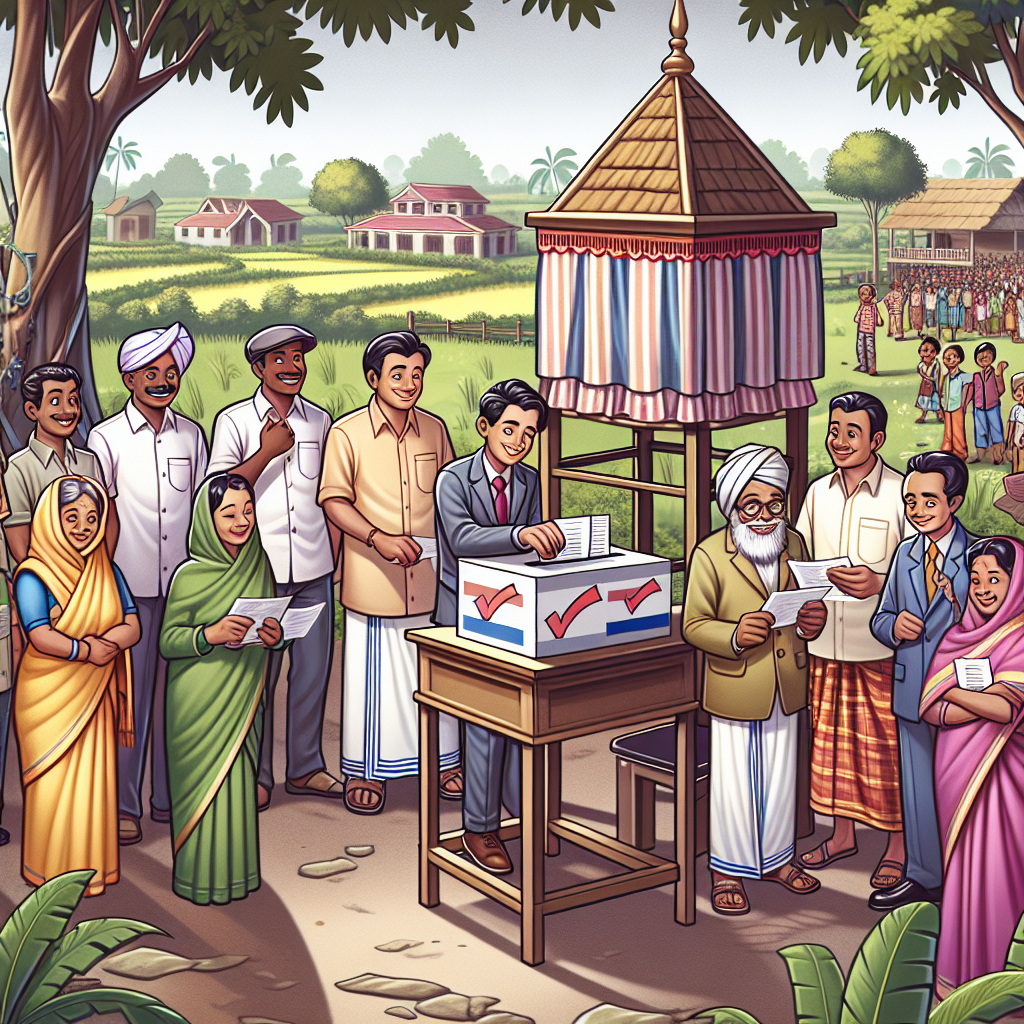Debating 'One Nation, One Election': Balancing Democracy and Development
The government advocates 'one nation, one election' to minimize disruptions by frequent polls. However, the Election Commission maintains the Model Code of Conduct is essential for fair elections. Despite arguments of development obstruction, the EC supports maintaining the code as a critical element of electoral integrity.

- Country:
- India
The government is pushing for simultaneous elections, citing the disruption of development work and normal public life caused by frequent imposition of the model code of conduct during elections. The bills proposed for 'one nation, one election' stress the necessity of simultaneous elections, aiming to reduce the high costs and time consumption associated with staggered polling schedules.
The Election Commission, however, insists that the model code is vital for ensuring a level playing field in elections. While acknowledging the concerns about developmental delays, the EC emphasizes the code's role in maintaining fair play amongst stakeholders. Its applicability, according to the EC, depends on the election cycle and rationalization could help pare down the time frame of its enforcement.
This position was communicated to various legislative and governmental bodies, including the joint committee of parliament, the law commission, and a high-level committee led by former president Ram Nath Kovind. The EC also detailed its efforts to minimize the model code period from the announcement to the completion of the election process, in response to questions about policy paralysis due to periodic elections.
(With inputs from agencies.)










